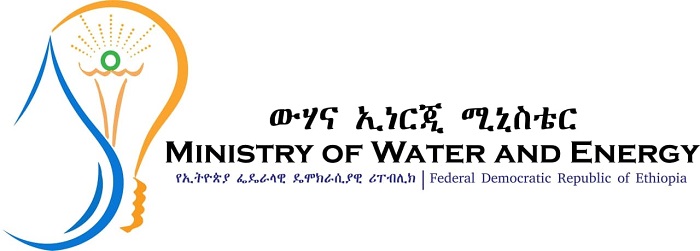Programs
Ethiopia Electrification Program
The ELEAP is a World Bank financed program to support implementation of NEP. It will support significant scale-up in electricity connections (1,080,000) through densification. It will also support pilot programs for off-grid service delivery (public sector-led programs supporting SAS (50,000) and mini-grids (5)). ELEAP will also provide strong emphasis on sector capacity and institutional reform, being an essential precondition for success of the activities under the above two. The program will finance the activities of the NEP in three results areas on a countrywide eligibility basis. Implementation of this program employ world bank’s P for R (program for result) financing scheme. It has been under implementation since June 2018
Biogas Dissemination Scale Up Program
The National Biogas Program of Ethiopia (NBPE) started its operations in 2008 and is hosted and co-funded by the Ministry of Water, Irrigation and Energy (MoWIE) with financial support provided by the Directorate General for International Cooperation (DGIS) of the Netherlands managed by the Humanist Institute for International Development Cooperation (Hivos) and benefitting from technical support provided by the Netherlands Development Organization (SNV). The aim was to develop a commercially viable domestic biogas sector, providing access to clean energy at household level through the implementation of bio digesters while substituting the use of firewood, increasing agricultural production through the application of bio-slurry (the liquid effluent from the digesters), improving living conditions by reducing the workload and improving health and sanitation for mostly women and children, while increasing employment and income and contributing to the reduction of greenhouse gas (GHG) emissions. The programme is executed in the regional states of Amhara, Oromiya, SNNPR and Tigray.
During the first phase of the NBPE (2008 – 2013), over 8,000 bio-digesters have been installed, with growing numbers every year indicating the positive uptake by rural households, the increasingly active involvement of masons and companies and, most importantly, the establishment by the Government of Ethiopia of credit lines for biodigesters. However, with a technical potential of one million of rural households, currently only a small percentage (0.8%) of the potential households are benefitting from the direct and indirect benefits from domestic biogas.
The aim of NBPE-II is to support the market-driven dissemination of 20,000 high quality biogas installations to provide households with access to clean energy for cooking and lighting and promote the use of bio-slurry as organic fertilizer in a scientific way.
The installation of an additional number of 20,000 biodigesters during NBPE-II will be realized in the initial four regional states; Amhara, Oromiya, SNNPR, and Tigray while –funds and operational requirements permitting- expanding to the regional states of Benishangul- Gumuz And Gambela (both additional states having significant numbers of cattle-rearing households and access to water).
